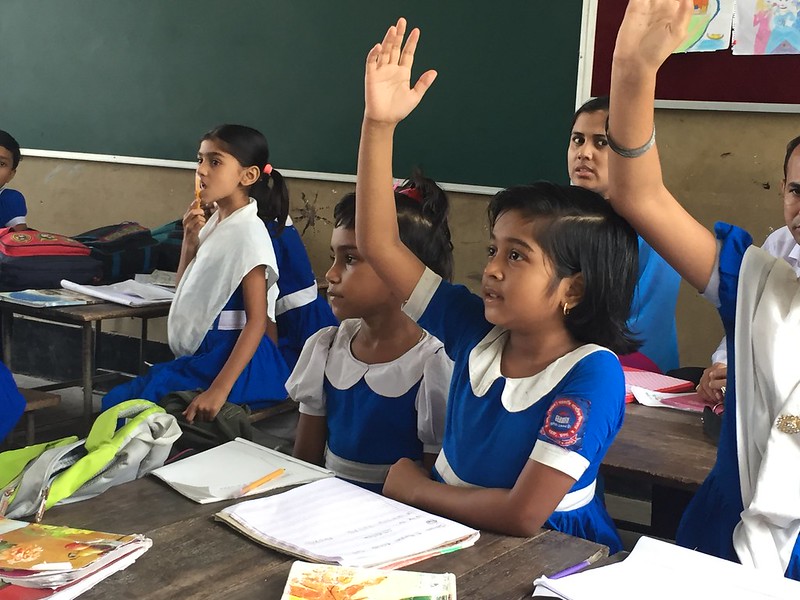
This article was originally published on the Brookings Institution website.
Research findings on topics related to scaling the impact of innovations are sometimes overly academic or abstract in their presentation—not written clearly or formatted concretely for implementers to use in their daily work. Recognizing this, these scaling briefs were developed to succinctly discuss three key scaling themes that emerged from the past three years of our collaborative Research on Scaling the Impact of Innovations in Education (ROSIE) work. The following briefs introduce, discuss, and reflect on three topics on scaling in education that emerged from our research and each closes with some practical questions around its topic.
What is ROSIE?
As part of the Global Partnership for Education’s (GPE) Knowledge and Innovation Exchange (KIX), a joint partnership between GPE and the International Development Research Centre (IDRC), the Millions Learning project has facilitated an initiative called Research on Scaling the Impact of Innovations in Education (ROSIE). Since 2021, ROSIE has brought together 15 researcher and practitioner teams working in 30 low- and middle-income countries to study the process of scaling education initiatives for impact. Out of this work, Millions Learning developed these three thematic briefs (and more research and commentary).
Each brief frames its focus topic, shares illustrative examples and reflections from the ROSIE research on the theme, and finally concludes with recommended guiding questions for practical application.
Brief 1: The Role of Research For and About Scaling Education Innovations
Research from ROSIE makes clear that ROSIE teams experienced a tension between the broader push to implement or scale the innovation and pressure to collect data and conduct scaling research. Because we believe that this tension between is not unique to ROSIE scaling teams, this brief seeks to offer clarity around using research to advance scaling. The brief distinguishes between research for scaling and research about the scaling process itself, discusses different ways KIX-ROSIE teams are conducting and using research in their scaling work, and identifies some of the research challenges and solutions that emerged.
Brief 2: Equity Considerations When Scaling for Impact
Previous research from the ROSIE project suggests that scaling teams want to center equity in their work. And the teams received external encouragement from funding partners to focus on gender, equity, and social inclusion (GESI). But it was also clear that equity-based scaling requires significant time, sensitivity, and resources and is not necessarily incentivized by wider forces and project parameters. Looking at how KIX-ROSIE teams pursued equity is the focus of this brief. Special attention is paid to four distinct ways equity was prioritized in their work. Additionally, this brief raises some conceptual complexities around equity in global education and offers reflections on equity challenges and opportunities.
Brief 3: Engaging Champions for Scaling in Education
External champions who support and promote a scaling initiative play an integral role in the success of any scaling process. However, while awareness about the value of champions has grown, so too has confusion emerged about the different types of champions and what roles champions can, and cannot, play in practice. Drawing on the experiences of the KIX-ROSIE teams, this brief unpacks champions in scaling. The brief introduces a typology of champions and ways of working with them as it also shares examples of how scaling teams are identifying champions and managing common challenges to the engagement of champions (such as time constraints, personnel turnover, and cultural dynamics).
Why does it matter?
Scaling the impact of an innovation so that it lasts the test of time, improves equitable education in cities and communities, and transforms whole systems cannot be done by one organization or actor alone—no matter how expert and dedicated the group or individual may be. Sustainable, impactful scaling requires consistent and collaborative use of the right evidence, centering equity in all aspects of design and scaling, and effective stakeholder engagement. Our hope with these three briefs is to move the field’s collective learning and work forward as ROSIE teams, KIX teams, and various global partners around the world continue to better understand how to scale impact and transform the locations in which they work.
